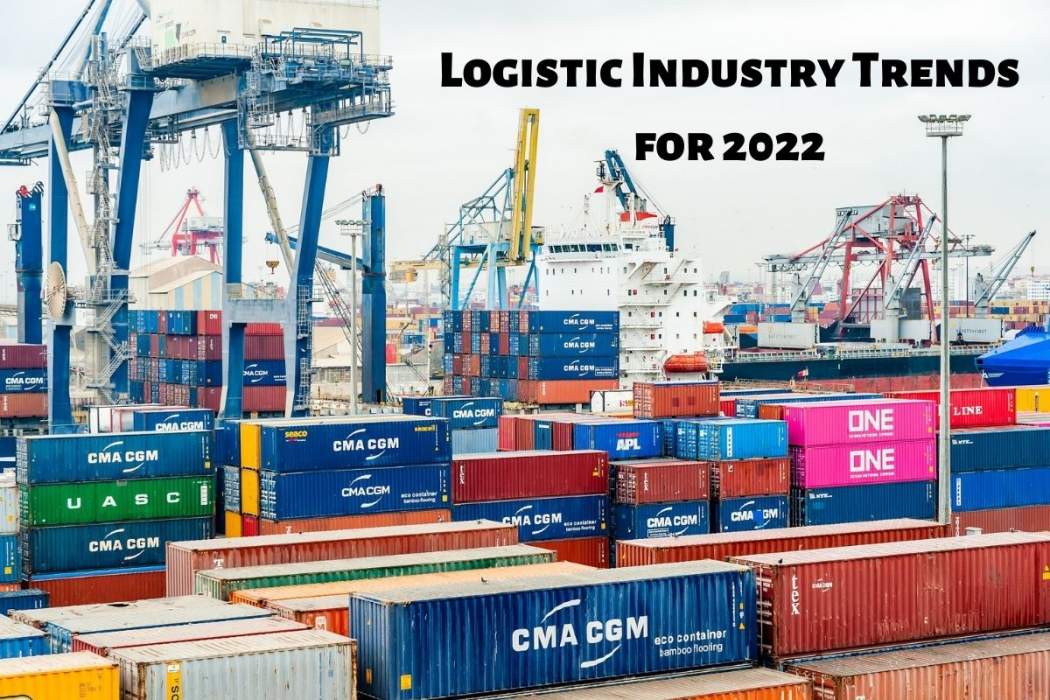The logistics industry has grown at a rapid pace in recent years. Domestic and international trade, particularly through shipping, has grown significantly. This field can be highly competitive and is constantly changing with new technology and trends coming into play.
Equipment and vehicles are more automated
than ever before
Equipment and vehicle automation is
becoming more widespread; For example, automated picking systems are becoming
more widely used in distribution centers, and companies like Amazon and Google
continue to invest in self-driving vehicles.
Covid-19 has
seen cloud technology boom
The global logistics industry has seen a
significant uptick in the usage of cloud technology. This is due to the ability
of the cloud to provide "enterprise-wide access to critical infrastructure
and digitized business processes" without having to invest in high-cost
capital equipment or infrastructure. The ongoing pandemic has been a key driver
for companies to adopt virtual meeting services.
Last mile as a
service
Customers are demanding faster and more
accurate deliveries, and they aren't willing to pay more - they are demanding
these services at ever cheaper rates. Truck loads of goods are now available on
sites such as Shiply for
delivery companies to bid to complete the delivery.
Sustainability
continues to be a focus
In an effort to reduce harmful impact on
the environment, companies are focusing on reducing their carbon footprint and
reducing waste. Customers are also starting to put a larger focus on
sustainability and will start to look for companies that have made steps
towards becoming sustainable.
Evidence of this push can be seen in the
electric vehicle market, which is set to increase, with the marketfor electric trucks expected to hit $1,893.1 million by 2027.
Internet of
Things
While the internet of things (IoT) isn't
exactly a new trend, the number of connected devices and their penetration into
less developed markets is set to accelerate into 2022. The current estimate of connecteddevices in 2022 is forecast to exceed 18 billion.
Artificial
intelligence
Artificial intelligence (AI) continues to
be a long-termdisruptor for both companies and consumers. The ability to pick out the
most relevant and actionable data from massive amounts of information is a key
benefit for companies. This ability is also beneficial for customers.
Combining AI with other technologies such
as cloud technology, drones, and IoT has the potential to bring personalization
and personalization within reach of more people than ever before.
Logistics have
gone local instead of global
Covid-19 has highlighted the risks of global supply chains and the disruption to business that broken supply chains cause. This has created opportunities for local sourcing. The benefits includes :
- Less risk at times of global upheaval
- Improved control on delivery times
- Improved environmental credentials with the reduction of carbon footprints
- The ability to reduce costs by lowering transportation costs
Technology has also played a major role in
the creation of local packaging and supply chains that are in harmony with
local needs and demands.
There is no doubt that the last couple of years has seen individuals and business face unprecedented challenges. However, overcoming these challenges has created some benefits that weren't expected - such as more environmentally sustainable supply chains.






